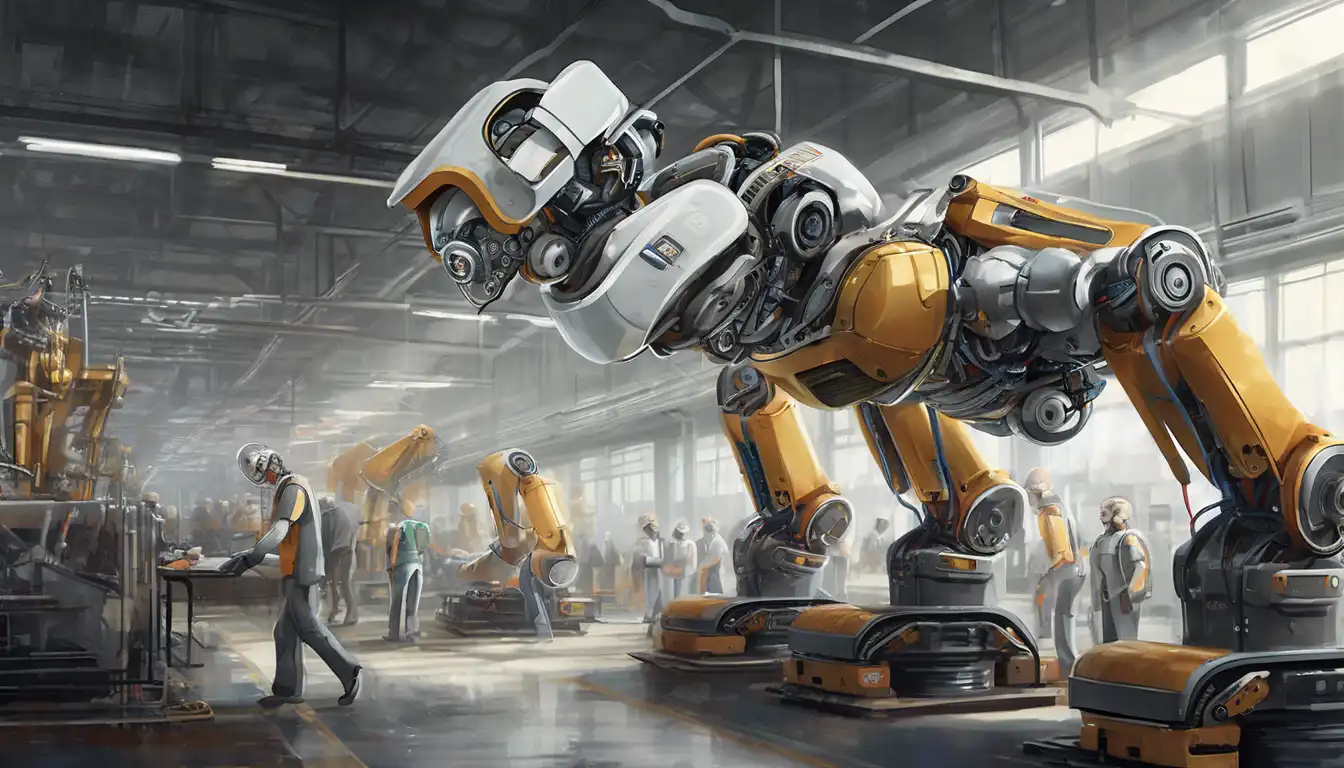The Revolutionary Impact of Robotics on Modern Manufacturing
In the ever-evolving landscape of industrial production, robotics has emerged as a cornerstone of innovation, driving efficiency, precision, and scalability to unprecedented levels. This transformative technology is not just reshaping manufacturing processes but is also setting new benchmarks for productivity and quality across the globe.
Enhancing Efficiency and Productivity
One of the most significant contributions of robotics in manufacturing is the remarkable improvement in efficiency and productivity. Robots, with their ability to operate 24/7 without fatigue, have drastically reduced production times while maintaining consistent output quality. This relentless efficiency is enabling manufacturers to meet the growing demands of the global market more effectively than ever before.
Precision and Quality Assurance
Robotics technology brings unparalleled precision to manufacturing processes. From assembly lines to intricate component fabrication, robots ensure that every product meets strict quality standards. This high level of accuracy minimizes waste and rework, leading to significant cost savings and enhanced product reliability.
Scalability and Flexibility
The adaptability of robotic systems allows manufacturers to scale operations up or down based on demand without compromising on quality or efficiency. Furthermore, the integration of advanced software enables robots to perform a variety of tasks, making them invaluable assets in diverse manufacturing environments.
Safety and Workplace Transformation
Robotics has also played a pivotal role in improving workplace safety by taking over hazardous tasks that pose risks to human workers. This shift not only reduces the incidence of workplace injuries but also allows human employees to focus on more strategic, less physically demanding roles, fostering a safer and more innovative work environment.
Future Prospects
The future of manufacturing is inextricably linked with the advancement of robotics. As technologies such as artificial intelligence (AI) and the Internet of Things (IoT) continue to evolve, the potential for smarter, more autonomous robotic systems in manufacturing is boundless. These developments promise to further revolutionize the industry, making it more efficient, sustainable, and adaptable to changing market needs.
In conclusion, the integration of robotics into manufacturing processes is not just a trend but a fundamental shift in how products are made. By embracing this technology, manufacturers can ensure their competitiveness in a rapidly changing industrial landscape, paving the way for a future where innovation and efficiency go hand in hand.
